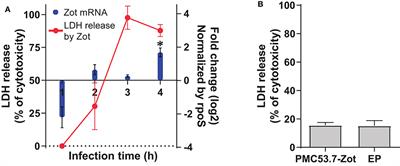EDITORIAL
Published on 29 Oct 2021
Editorial: Vibrio Virulence Regulation and Host Interactions
doi 10.3389/fcimb.2021.793464
- 1,657 views
- 3 citations
19k
Total downloads
101k
Total views and downloads
EDITORIAL
Published on 29 Oct 2021
ORIGINAL RESEARCH
Published on 14 May 2021
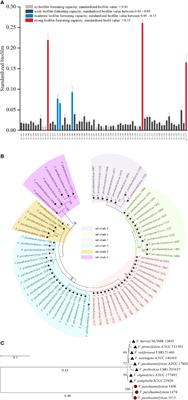
ORIGINAL RESEARCH
Published on 30 Apr 2021

ORIGINAL RESEARCH
Published on 26 Feb 2021
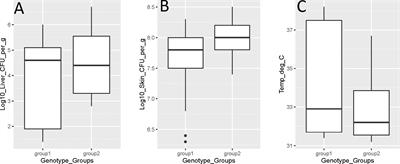
ORIGINAL RESEARCH
Published on 05 Feb 2021
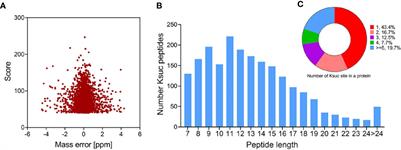
ORIGINAL RESEARCH
Published on 03 Feb 2021
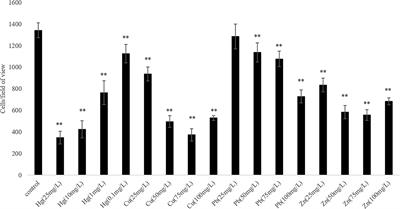
ORIGINAL RESEARCH
Published on 09 Dec 2020

REVIEW
Published on 23 Oct 2020
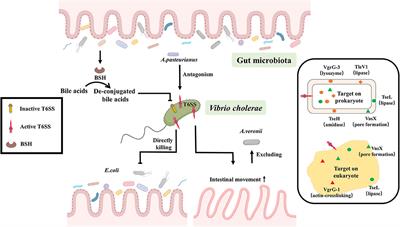
MINI REVIEW
Published on 22 Oct 2020
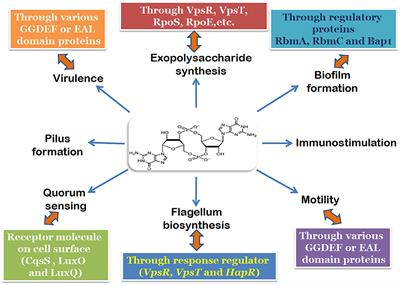
REVIEW
Published on 06 Oct 2020
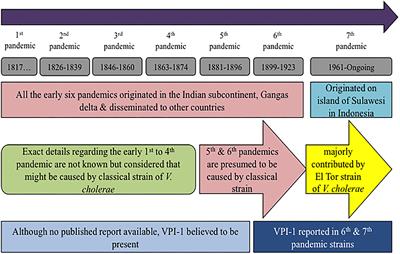
REVIEW
Published on 30 Sep 2020
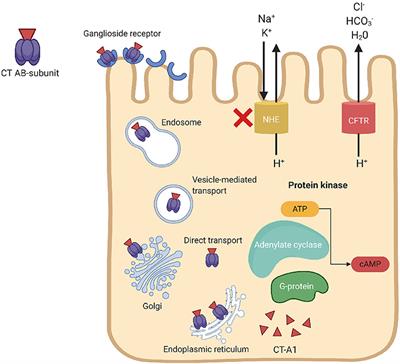
ORIGINAL RESEARCH
Published on 24 Sep 2020
